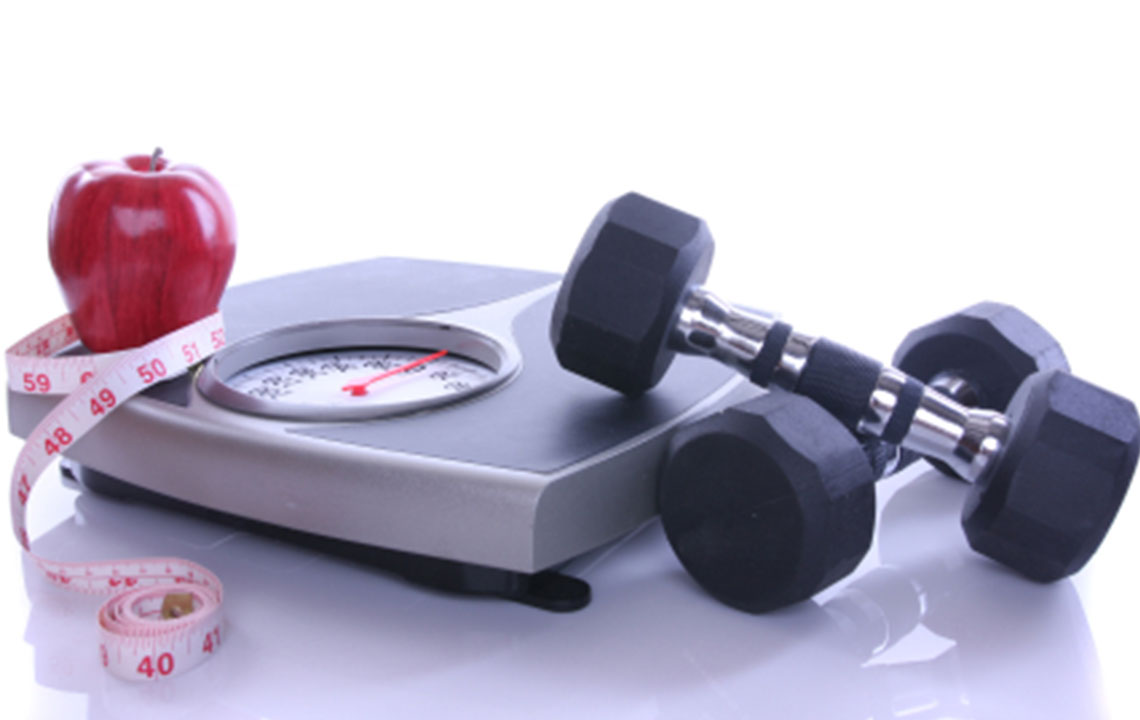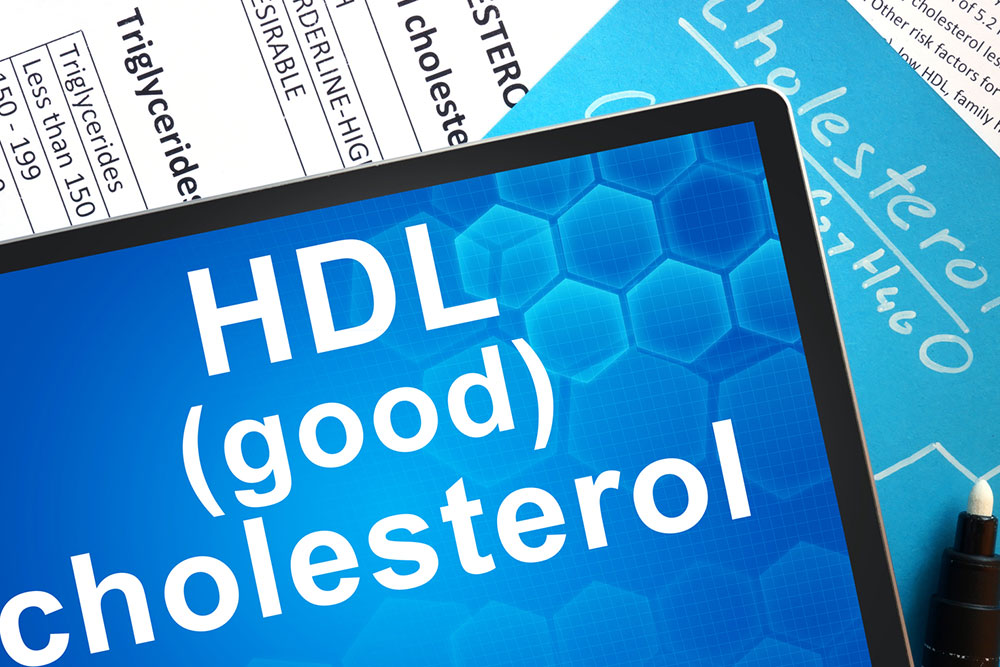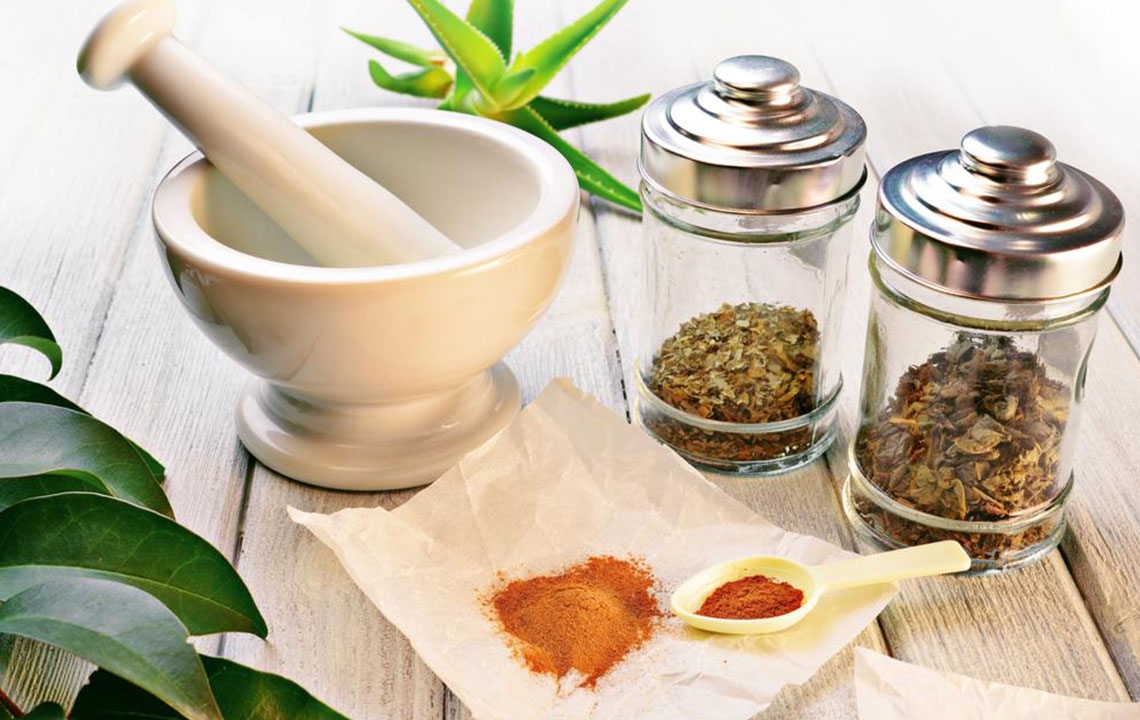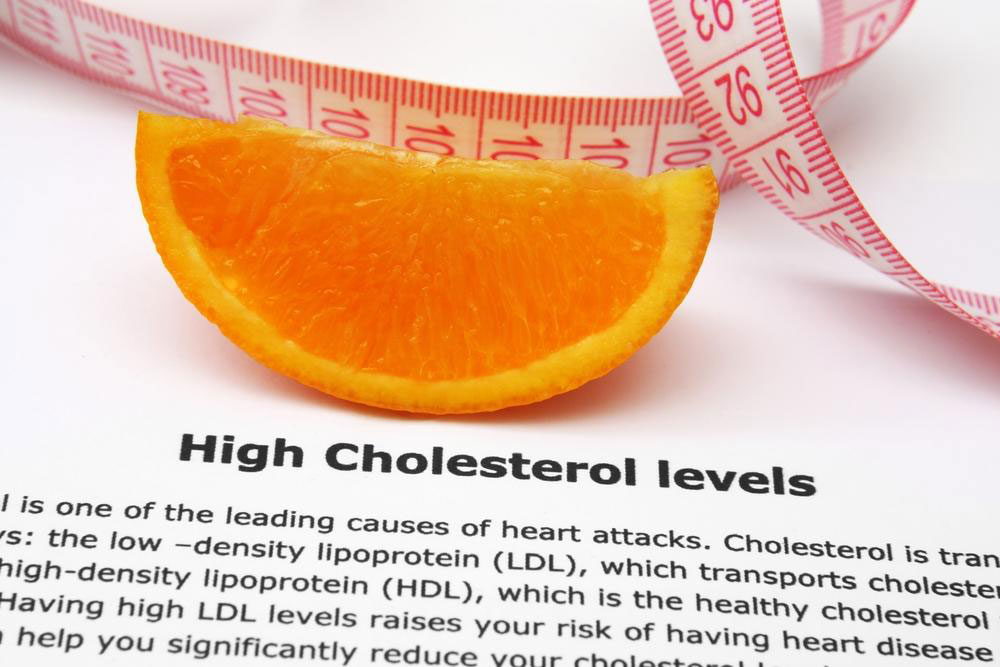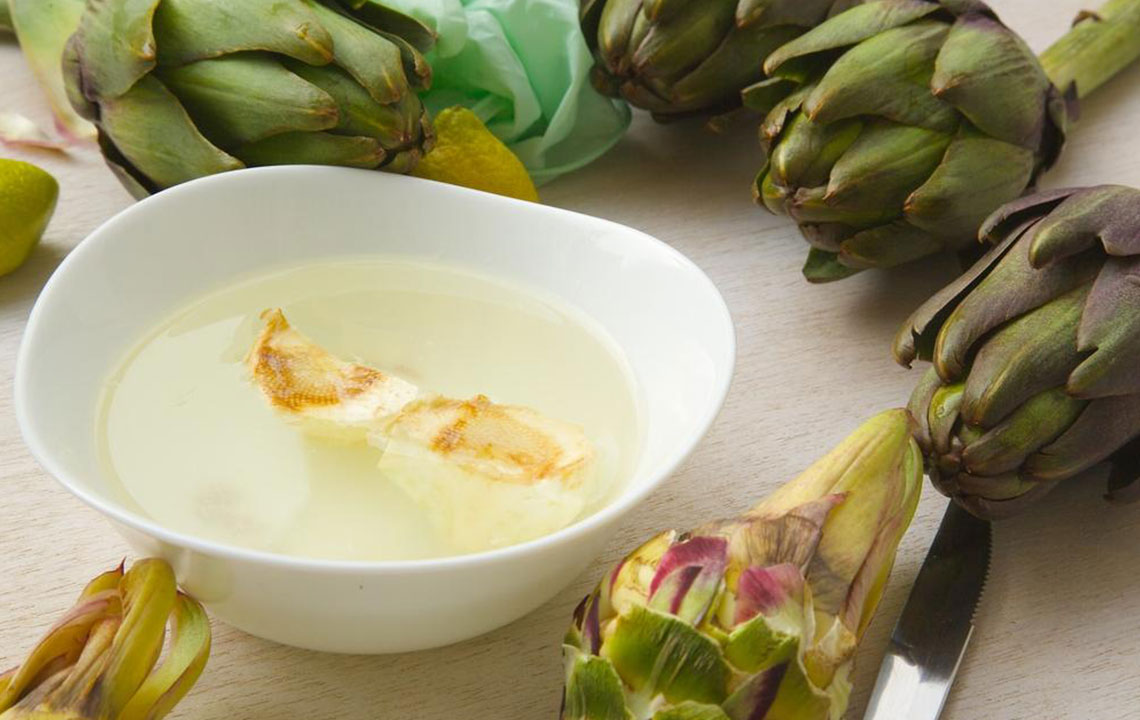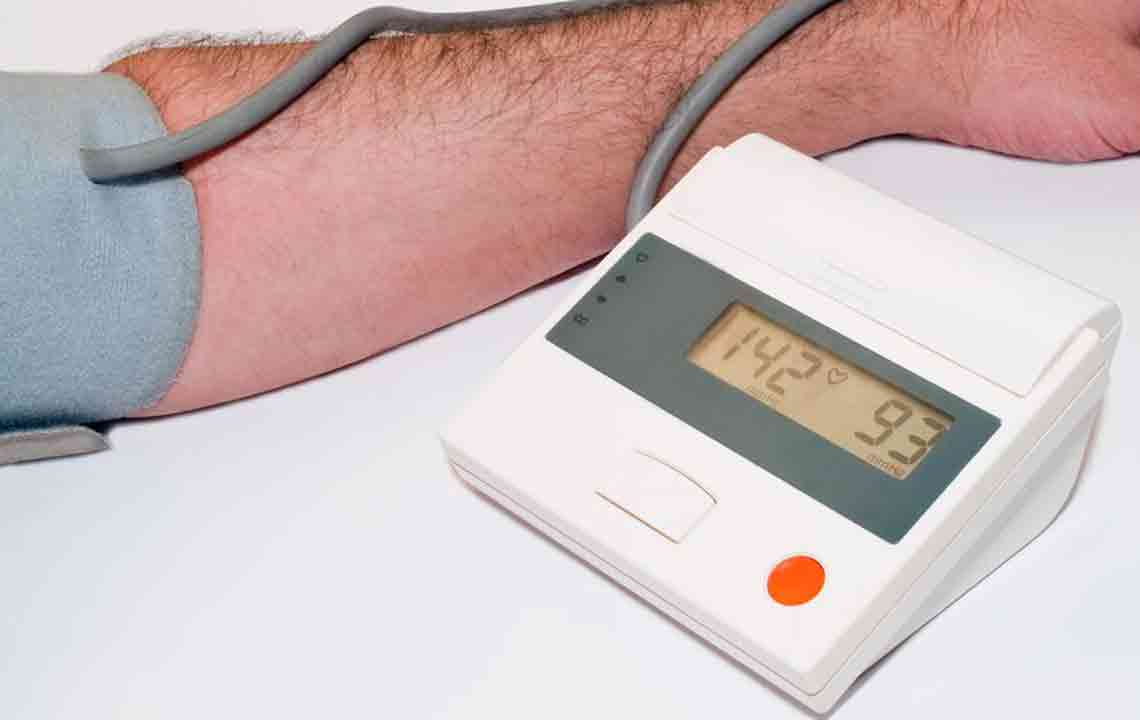Effective Natural Methods to Lower Cholesterol for a Heart-Healthy Lifestyle
Discover comprehensive natural strategies to lower bad LDL cholesterol and boost good HDL levels. This guide explores diet, exercise, and lifestyle modifications that can improve your heart health without the side effects of medication. By adopting balanced eating habits, engaging in physical activity, and making healthy lifestyle choices, you can effectively manage your cholesterol levels and reduce your risk of cardiovascular disease naturally.
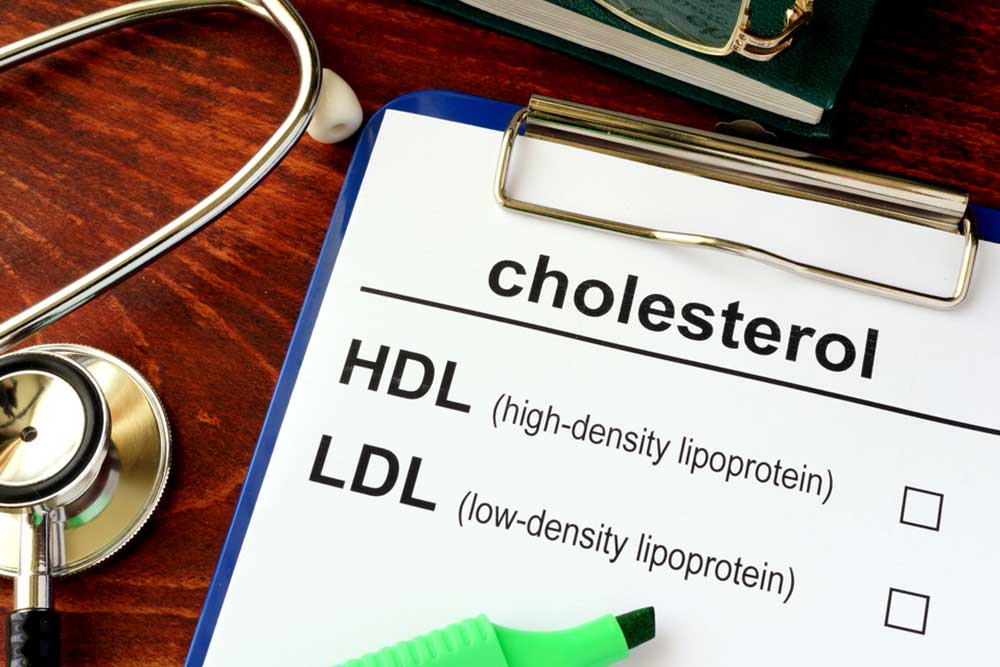
Effective Natural Methods to Lower Cholesterol for a Heart-Healthy Lifestyle
High cholesterol levels pose a significant risk to cardiovascular health, often leading to serious conditions such as heart attacks and strokes. Managing cholesterol effectively is crucial for maintaining a healthy heart and preventing chronic diseases. While medications are commonly prescribed to control cholesterol, many people seek natural, lifestyle-based strategies that can complement or even replace pharmaceutical approaches. This comprehensive guide explores proven natural methods to reduce harmful LDL cholesterol, boost beneficial HDL cholesterol, and improve overall heart health through diet, exercise, and lifestyle modifications.
Understanding Cholesterol and Its Impact on Heart Health
Cholesterol is a waxy, fat-like substance essential for building cell membranes, producing hormones, and aiding in digestion. However, imbalances in cholesterol levels—especially elevated low-density lipoprotein (LDL) cholesterol—are common contributors to atherosclerosis, which narrows and hardens arteries. This process can restrict blood flow to vital organs, increasing the risk of heart attacks, strokes, and other cardiovascular complications. Conversely, high-density lipoprotein (HDL) cholesterol is known as the "good" cholesterol because it helps remove LDL cholesterol from the bloodstream, transporting it back to the liver for processing and excretion.
Maintaining a healthy balance between LDL and HDL cholesterol is vital for cardiovascular health. Lifestyle and dietary choices significantly influence these levels and can be managed effectively without medication—by adopting natural strategies to lower LDL and elevate HDL for a healthier heart.
Potential Side Effects of Statin Medications
While statins and other cholesterol-lowering drugs are effective in reducing LDL levels, they often come with side effects that can affect the quality of life. Common adverse reactions include muscle aches, joint pain, gastrointestinal issues like nausea and vomiting, increased blood sugar levels, and even muscle damage or nerve-related complications in some cases. These side effects are a concern for many individuals, especially when they experience persistent symptoms or are on multiple medications.
For those seeking alternative or supplementary approaches, natural methods of reducing cholesterol offer a safe and sustainable option. These strategies not only avoid medication-associated side effects but also promote overall health and well-being.
Holistic, Natural Approaches to Lower Cholesterol
Transitioning to a heart-healthy lifestyle involves adopting a balanced diet, consistent physical activity, weight management, and other healthy habits. Here are detailed and effective natural methods supported by scientific research:
Limit Saturated and Trans Fats: Reduce intake of saturated fats found in red meats, butter, cheese, and fried foods, as well as trans fats present in many processed snacks, baked goods, and fast foods. These fats increase LDL cholesterol and decrease HDL, contributing to plaque buildup.
Increase Omega-3 Fatty Acids: Incorporate omega-3 rich foods such as fatty fish (salmon, mackerel, sardines, trout), flaxseeds, chia seeds, walnuts, and algae supplements. Omega-3s have been shown to reduce triglycerides and improve overall lipid profile, benefitting heart health.
Eat Soluble Fiber-Rich Foods: Soluble fiber binds cholesterol in the digestive system, assisting in its removal. Excellent sources include oats, barley, beans, lentils, apples, oranges, carrots, and Brussels sprouts. Regular consumption can significantly lower LDL levels naturally.
Maintain a Healthy Weight: Excess weight contributes to increased LDL and decreased HDL levels. Adopting a nutritious diet combined with physical activity helps you lose weight gradually and sustainably, improving cholesterol levels.
Engage in Regular Physical Exercise: Exercises such as brisk walking, jogging, cycling, swimming, or aerobic classes promote higher HDL levels and lower LDL cholesterol. Aim for at least 150 minutes of moderate activity per week for optimal benefits.
Consider Plant Sterol Supplements: Plant sterols and stanols naturally occur in small amounts in vegetables and fruits but are available as supplements. They work by blocking intestinal absorption of cholesterol, effectively lowering LDL levels when taken regularly.
Limit Alcohol and Quit Smoking: Excess alcohol intake can raise triglyceride levels, while smoking damages blood vessels, negatively affecting lipid profiles. Quitting smoking and moderating alcohol consumption improve overall cardiovascular health.
Adoption of these natural strategies requires consistency and commitment but offers a powerful means of managing cholesterol levels effectively. Besides supporting heart health, these lifestyle changes foster overall wellness, boost energy, and reduce the risk of chronic diseases. Embracing natural methods can be a transformative step toward living a longer, healthier, and more vibrant life.
